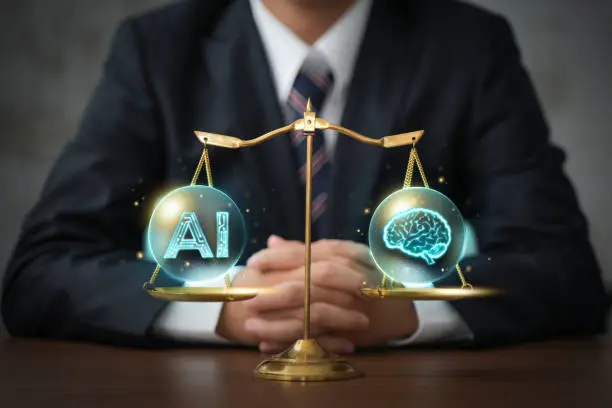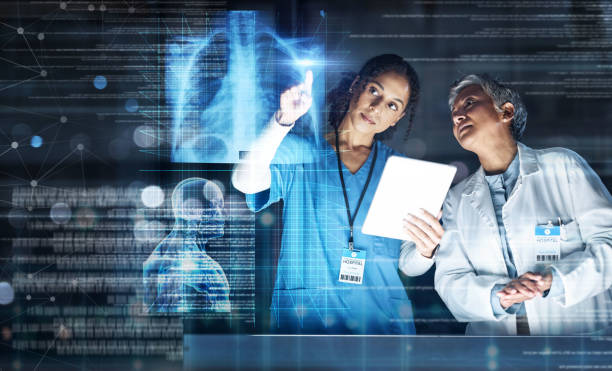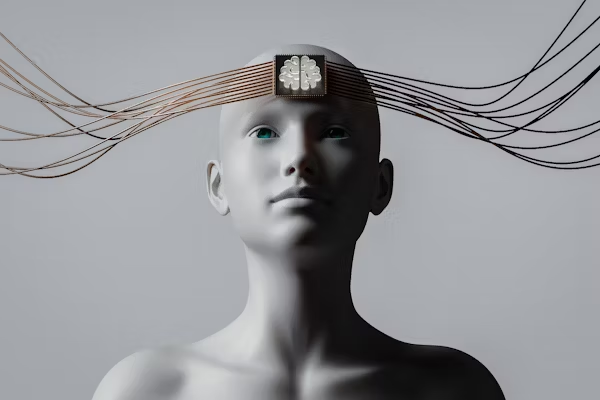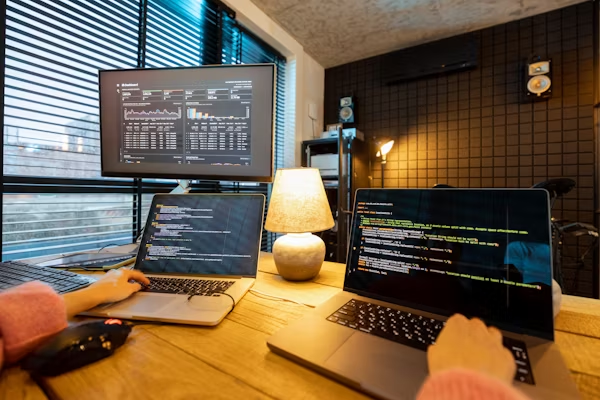Introduction
The Curiosity Behind the Comparison
Ever wondered who’s smarter—humans or AI? It’s a question that’s sparking debates everywhere—from science labs to coffee shops. As AI becomes more advanced, people are naturally asking: Is this machine smarter than me?
Why It Matters Today
Understanding the key differences between AI and human intelligence isn’t just for tech nerds. It affects jobs, education, healthcare, even how we interact daily. Let’s explore what really sets the two apart.
Understanding Human Intelligence
What Makes Human Intelligence Unique?
Human intelligence is more than solving math problems or remembering facts. It includes emotions, intuition, creativity, and moral judgment. We can think abstractly, empathize with others, and imagine the impossible.
Emotional Intelligence and Intuition
Unlike AI, humans can feel and react emotionally. You know that gut feeling you get before making a big decision? That’s intuition—something AI hasn’t figured out how to replicate.
Defining Artificial Intelligence
What Exactly Is AI?
Artificial Intelligence is a branch of computer science focused on building machines that can simulate human thinking. From voice assistants to self-driving cars, AI is already everywhere.
The Evolution of AI Technology
AI started as a simple idea in the 1950s and has now exploded into tools like ChatGPT, Siri, and Tesla’s Autopilot. It learns from data, improves with time, but only within its programming.
Core Differences Between AI and Human Intelligence
Learning and Adaptation
AI learns through data and algorithms. Humans learn through experience, failure, and emotions. AI needs thousands of examples to learn; a human can learn from a single mistake.
Emotions vs Logic
AI is all logic, humans are a mix of logic and emotion. That means humans might make irrational decisions—but also more compassionate ones.
Creativity and Innovation
Humans create from inspiration—think art, poetry, or inventions. AI imitates and generates based on patterns. It’s clever, but not visionary.
Physical and Sensory Capabilities
AI doesn’t feel pain, hunger, or joy. It doesn’t get tired or distracted. Humans are bound by biology; AI runs on code.
Speed, Accuracy, and Efficiency
When AI Outperforms Humans
AI wins at processing speed, multitasking, and analyzing massive amounts of data. It never sleeps, never forgets.
Limitations in Human Processing
We forget things. We get overwhelmed. But we can adapt and improvise—skills AI still struggles with.
Flexibility and Common Sense
Human Intuition vs AI Algorithms
Humans can make decisions in completely new situations. AI? Not so much. It needs examples and context.
The Struggle of AI with Context
AI can be hilariously off when it doesn’t understand nuance. Like suggesting recipes using bleach. Oops.
Decision Making
Ethical Considerations
Humans consider morality, ethics, and consequences. AI doesn’t have values—it just follows rules. That can be dangerous without human oversight.
Morality and Judgment
Should AI make life-or-death decisions? Like in self-driving cars? Humans can weigh emotional factors—AI can’t.
Consciousness and Self-Awareness
What Is Consciousness?
Consciousness is being aware of your thoughts and surroundings. It’s what makes humans self-reflect and question life.
Can AI Become Self-Aware?
Right now, AI doesn’t know it exists. It doesn’t think about thinking. True self-awareness is still science fiction—for now.
Dependency on Data
How AI Relies on Input
AI only knows what it’s been fed. Garbage in, garbage out. It can’t think outside the data.
Human Ability to Infer from Experience
Humans learn from experience and can handle surprises. AI can’t deal well with the unknown.
Creativity in Humans vs. AI
Can AI Truly Be Creative?
AI can paint or write music, sure. But it’s copying styles it’s seen. True creativity involves emotion, risk, and originality.
Original Thought vs Pattern Recognition
AI recognizes patterns. Humans invent entirely new ones. That’s the big difference.
Emotional and Social Intelligence
Can AI Understand Human Feelings?
AI can mimic empathy, but it doesn’t feel it. You might get a comforting message, but there’s no heart behind it.
Social Interactions and Relationships
We form relationships through shared experiences and emotions. AI can’t match that level of human connection.
Collaboration Potential
Humans and AI as a Team
When used right, AI can be an amazing assistant—not a replacement. It handles the grunt work, you handle the big thinking.
Augmenting, Not Replacing
Think of AI as a calculator for your brain—not a brain replacement. Together, you’re smarter.
Ethical and Philosophical Considerations
Should AI Be Given Rights?
This one’s controversial. If AI becomes truly self-aware (big if), what rights should it have? It raises deep questions about life, identity, and ethics.
The Future of Human Identity
As AI advances, we may need to redefine what it means to be human. Scary? Maybe. Exciting? Definitely.
Future Outlook
Will AI Ever Surpass Humans Completely?
In tasks like math or memory—yes. But in emotion, creativity, ethics, and love? Not yet. And maybe never.
Opportunities for Growth Together
The best path forward? Collaboration. Humans + AI = superhuman potential.
Conclusion
Balance Over Competition
This isn’t a battle of brainpower. It’s about balance. AI is fast, smart, and tireless. Humans are emotional, creative, and intuitive.
Embracing the Best of Both Worlds
Use AI to boost your strengths—not replace them. Together, we can do amazing things.



